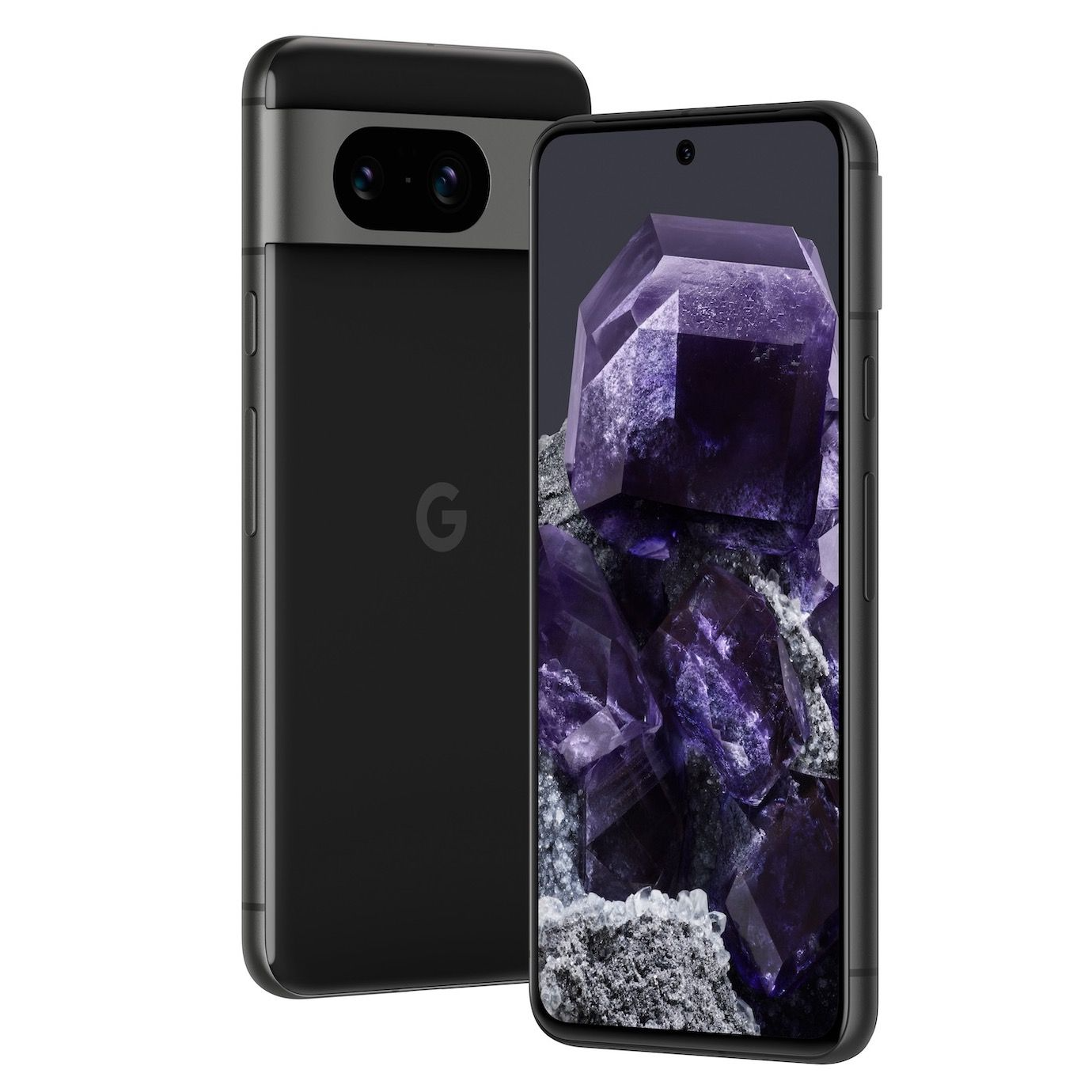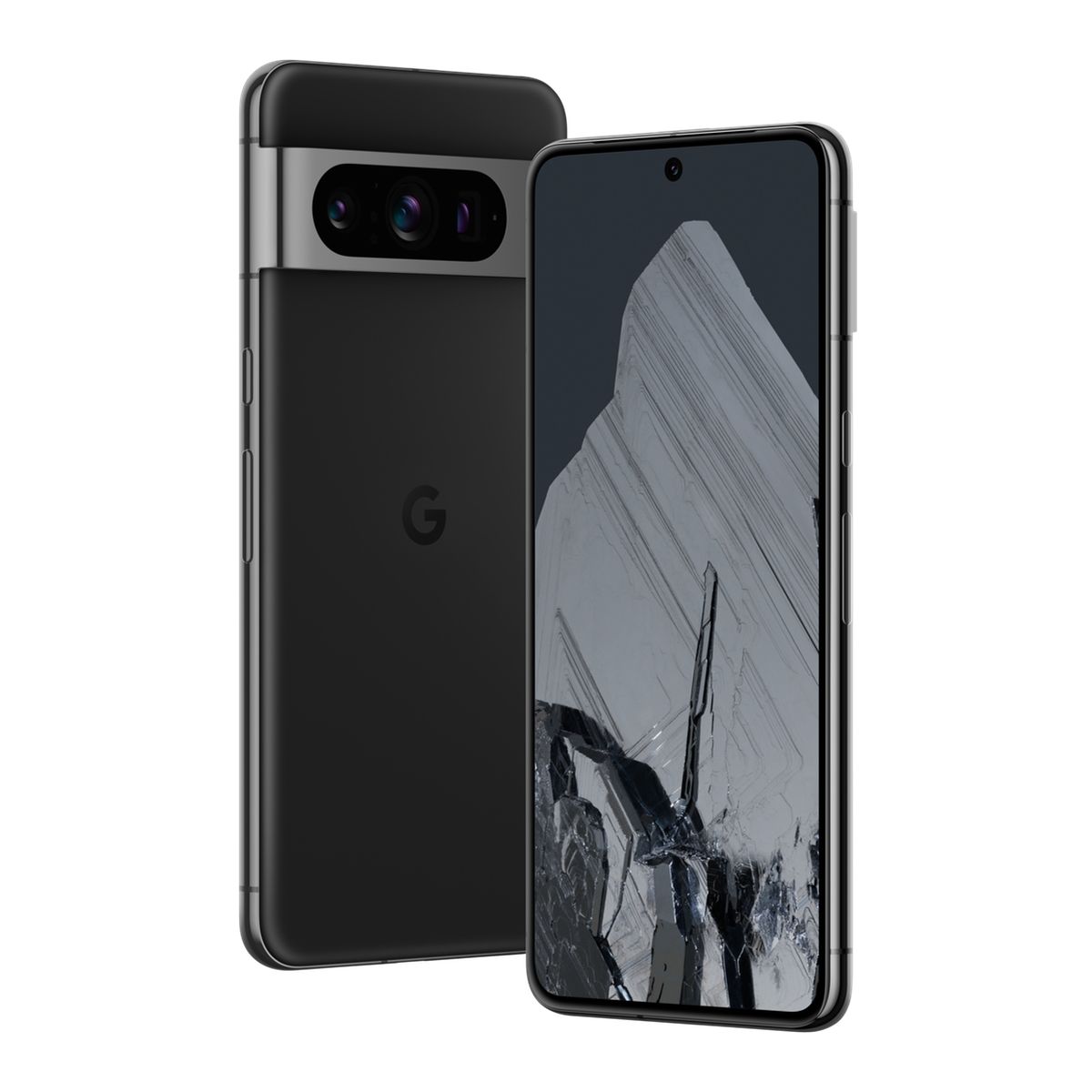Summary
- Google recently revealed the Pixel 8 series and Pixel Watch 2, coupled with exciting freebies for US buyers.
- A company executive has revealed in an interview that Google has no plans for a low-cost Pixel smartphone in the future.
- Google has promised seven years of software and security updates for the Pixel 8 and 8 Pro, with the policy likely carrying on with future Pixel phone launches, including mid-2024’s Pixel 8a.
Following a treasure trove of leaks, the Google Pixel 8 duo and the accompanying smartwatch of the year, the Pixel Watch 2, were revealed earlier this week. American buyers can receive a Pixel Watch 2 when picking up the Pixel 8 Pro, whereas the smaller Pixel 8 will land you the Pixel Buds Pro at no cost, hot on the heels of a color refresh. Google will go into 2024 with these devices in its portfolio, with our focus then turning on to the midrange “a” series Pixel — the Pixel 8a. But some have sought an even cheaper alternative to Pixel phones, venturing into the sub $200 segment. A Google executive has now dashed this notion in a detailed interview with the Austria-based daily newspaper Der Standard.
The VP of Google Mobile Business, Nanda Ramachandran, told Der Standard (German) that the company currently has no plans for a low-cost Pixel device. “We would have to make too many compromises for that,” Ramachandran said, adding that bundling attributes like the new AI smarts, a robust camera, and the accompanying security framework at €200/$200 would require “too many compromises.”
Let’s not forget Google’s experience with Android One and later Android Go, with the latter targeting the low-cost segment, mostly in developing nations across the world. While Android Go exists in some form across a few countries, the fact that software updates are dependent on manufacturers rather than Google meant that many users are left behind with older releases, leaving them vulnerable to security issues.
Speaking of software, Google has promised an unprecedented seven years of software and security updates for the Pixel 8 and 8 Pro, outclassing even Samsung’s industry-topping four years of software (One UI) and five years of security updates for select Galaxy devices. Meanwhile, Google is also making the same promise for Pixel 8’s spare parts, saying they be available for seven years post launch. These two factors could explain Google’s hesitancy toward budget Pixels, though Ramachandran didn’t go into further detail.
Then there’s the already leaked Pixel 8a (codename Akita), which could be scheduled for a mid-2024 release, possibly coinciding with the 2024 edition of Google I/O. We were impressed with the Pixel 7a earlier this year for the most part, as it bridged the gap even more between the A-Series and standard Pixel models.
We’ve come across some musings online about Google potentially ditching the Pixel 8a next year, though we hope that isn’t the case because not everybody can or wants to get the Pixel Fold, which our Phones Editor Will Sattelberg rightly described as an $1,800 rough draft.
The recently launched Pixel 8 and 8 Pro are $100 pricier than their predecessors, pushing their starting prices to $700 and $1,000, respectively. This could also translate to a price bump for the Pixel 8a next year, which Google could justify with the new hardware and AI capabilities expected to be bundled onboard the midranger.

Google Pixel 8
The Google Pixel 8 is the smaller of the recently unveiled duo of Google-branded smartphones. However, it has a majority of the hardware features of the larger sibling, including the Tensor G3 SoC and the Titan M2 security chip. While it’s lacking in the camera department from the Pixel 8 Pro, the Pixel 8 can hold its own against most cameraphones in the business today.

Source: Google
Google Pixel 8 Pro
The Google Pixel 8 Pro is the company’s latest flagship, boasting a new Tensor G3 chip, an impressive 2,400 nits of peak brightness, and an all-new object temperature sensor. While the cameras have been modestly improved to capture even more light, as usual, the real power lies in Google’s Tensor chip, which offers even more photo enhancement and image editing features, including Night Sight for Video and a Best Take feature to blend multiple group shots into the perfect image.